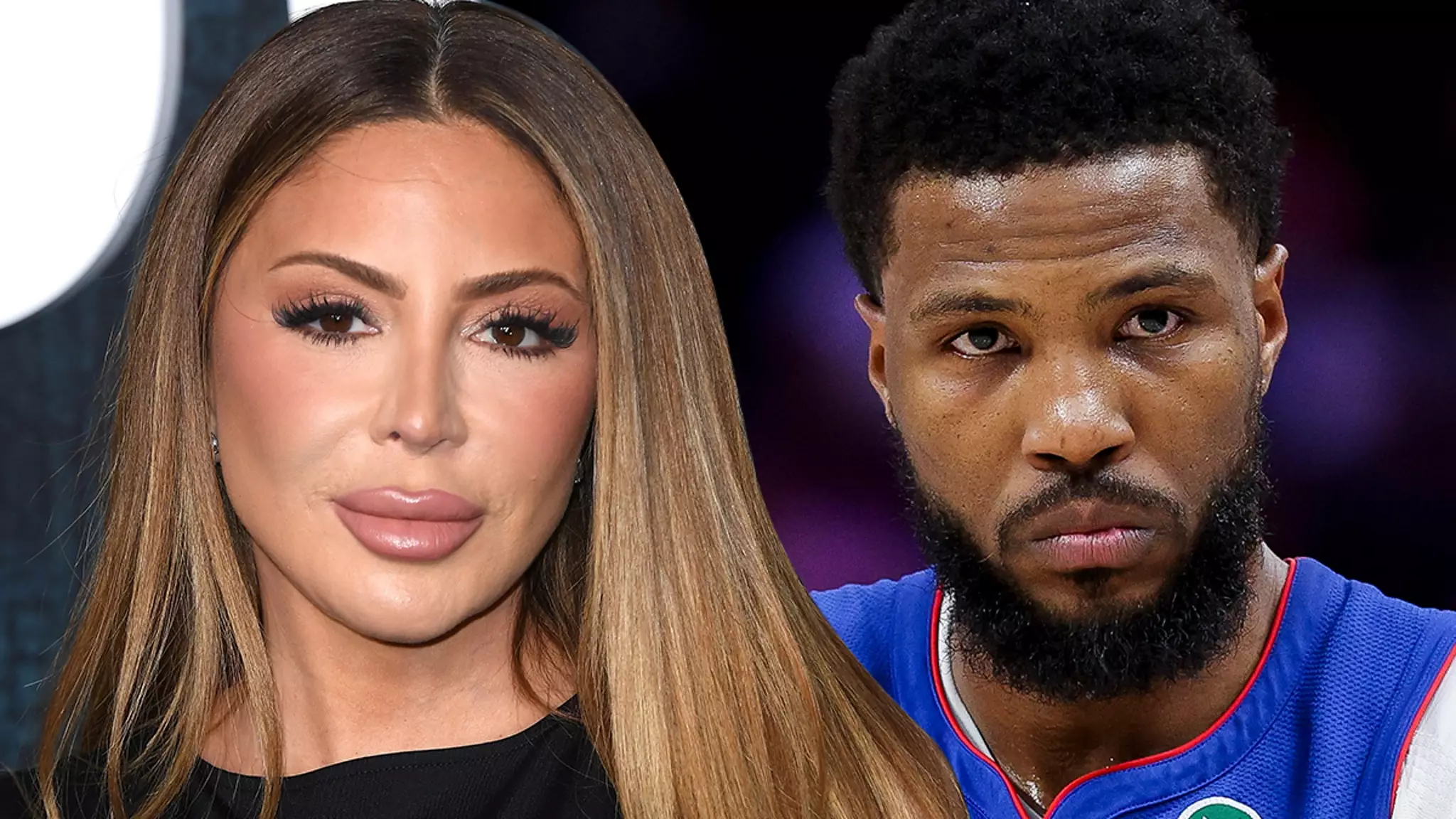In recent headlines, Larsa Pippen, known for her candid personality on reality television, revealed that her past actions involving NBA player Malik Beasley were a product of what she calls “Covid brain.” This explanation emerged in a revealing conversation on “The Jason Lee Show,” where she candidly reflected on her relationship with Beasley, who was entangled in a marriage crisis at the time. Pippen’s emotional insights reflect a struggle for accountability while navigating the turbulent waters of personal relationships during unprecedented times.
The pandemic forced many individuals into isolation, sparking a bewildering array of emotional responses, particularly for someone like Pippen, who thrives on social interaction. The term “Covid brain” encapsulates the mental fog that many experienced during lockdown, but one must ponder if this label serves as an excusable narrative or a deeper reflection of her emotional state during that time. The discomfort of unaddressed feelings offers fertile ground for questionable choices, and Pippen’s admission raises questions about the role of self-awareness in shaping our relationships.
The Fallout of Infidelity
Beasley’s infidelity blindsided his then-wife, Montana Yao, leading to public heartbreak and eventual reconciliation with her estranged husband after he apologized. Pippen’s recognition of this affair as a “mistake” does not merely absolve her from blame; it complicates the public’s perception of her role in a contentious love triangle. By characterizing her rendezvous as a lapse in judgment brought on by external factors, she distances herself from culpability. However, this mindset often leads to a lack of personal responsibility, which is paramount in achieving true growth.
Moreover, the narrative of reconciliation is rife with complexities. Pippen and Beasley’s relationship, though short-lived, continues to reverberate within the personal lives of those involved. Not only must Pippen navigate her own dating landscape, which now includes former player Jeff Coby, but she also contends with the aftermath of complicating dynamics with Beasley’s family. When discussing moments when Beasley and her son, Scotty Jr., played together on the Los Angeles Lakers, Pippen attempts to downplay any tension but can’t deny the undercurrents of awkwardness that lingering attachments create.
Reinvention and Resilience
As Pippen progresses in her dating journey, her relationship with Coby appears to offer her a renewed sense of purpose. The upcoming marriage proposal signifies not just a union with Coby but an evolution in her identity. Herein lies a crucial facet of Pippen’s narrative: her ability to reinvent herself even in the face of public scrutiny and past missteps. While some criticize this pattern as chameleon-like behavior, it also underscores a sort of resilience that many find admirable.
Pippen attributes her allure to independence and fun, attributes that undoubtedly draw attention in her social circles. However, this independence raises questions about the depth of her connections. Is she evading accountability through her relationships, or is she genuinely pursuing joy and self-discovery? The duality of her public persona versus her private endeavors invites scrutiny and sympathy while posing the eternal dilemma surrounding personal growth.
In a world where every move is chronicled and critiqued, Pippen’s journey captures the intricate interplay of love, regret, and the quest for self-improvement. Each revelation, each misstep, serves as a testament to the human condition—ever-evolving, endlessly complex, and brilliantly flawed.

